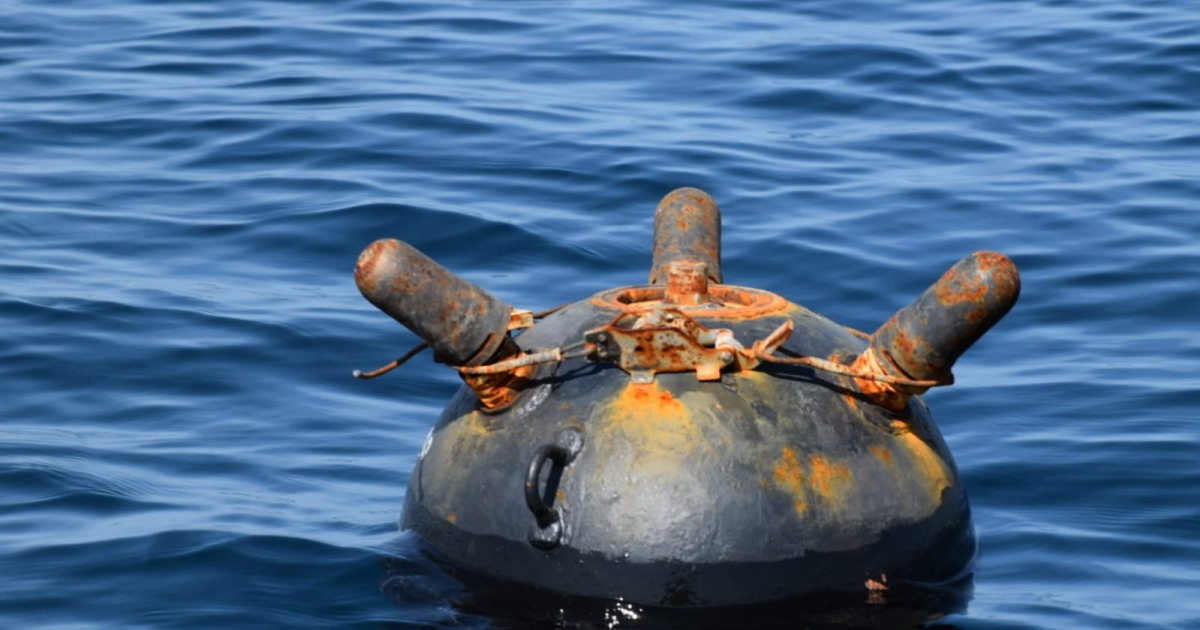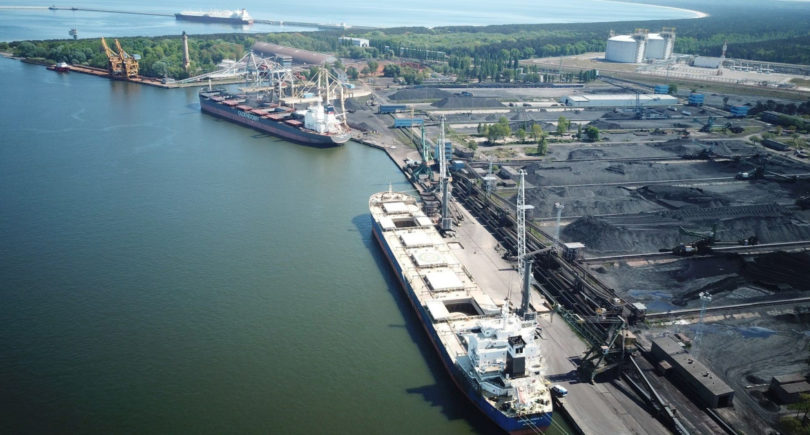
News Infrastructure sea transportation 528 12 January 2024
The initiative aims to make shipping safer, in particular for ships transporting goods from Ukraine
On January 11, 2024, Turkey, Bulgaria, and Romania signed an agreement to jointly counteract sea mines that have threatened navigation in the Black Sea since the beginning of Russia’s full-scale invasion of Ukraine. This is reported by Rail.Insider.
According to Turkish Defense Minister Yasar Güler, the memorandum provides for the creation of a task force on mine action between the three NATO allies to combat drifting mines.
«We have jointly decided to sign a protocol between the three countries to more effectively combat the mine threat in the Black Sea by improving our existing close cooperation and coordination,» he said at a press conference in Istanbul with Romanian Defense Minister Angel Tilvar and Bulgarian Deputy Defense Minister Atanas Zapryanov.
Turkiye’s Defense Minister suggests that other countries will be able to take part in de-mining the Black Sea after the war in Ukraine ends.
The initiative is aimed at making shipping safer, including for ships carrying cargo from Ukraine.
After the agreement is signed, the operational planning process will begin, aimed at developing detailed documents and instructions for the group’s actions. This process may take up to several months.
In December 2023, Ukraine exported 7.34 million tons of cargo by sea. This figure is up 30.7% compared to November. Exports of semi-finished steel products increased by 40% m/m, flat products – by 45.3% m./m. Overall, in 2023, Ukraine increased its exports by sea by almost 1 million tons compared to 2022.
As GMK Center reported earlier, a temporary corridor to and from the ports of Greater Odesa was launched in August this year. In November, 14 vessels exported a total of 620,000 tons of iron ore and 140,000 tons of steel products from Odesa and Pivdennyi ports.
In October, exports of Ukrainian iron and steel products through the ports of Greater Odesa amounted to 507,000 tons of iron ore (four bulk carriers from Pivdennyi) and 213,500 tons of steel products (two vessels from Odesa).



